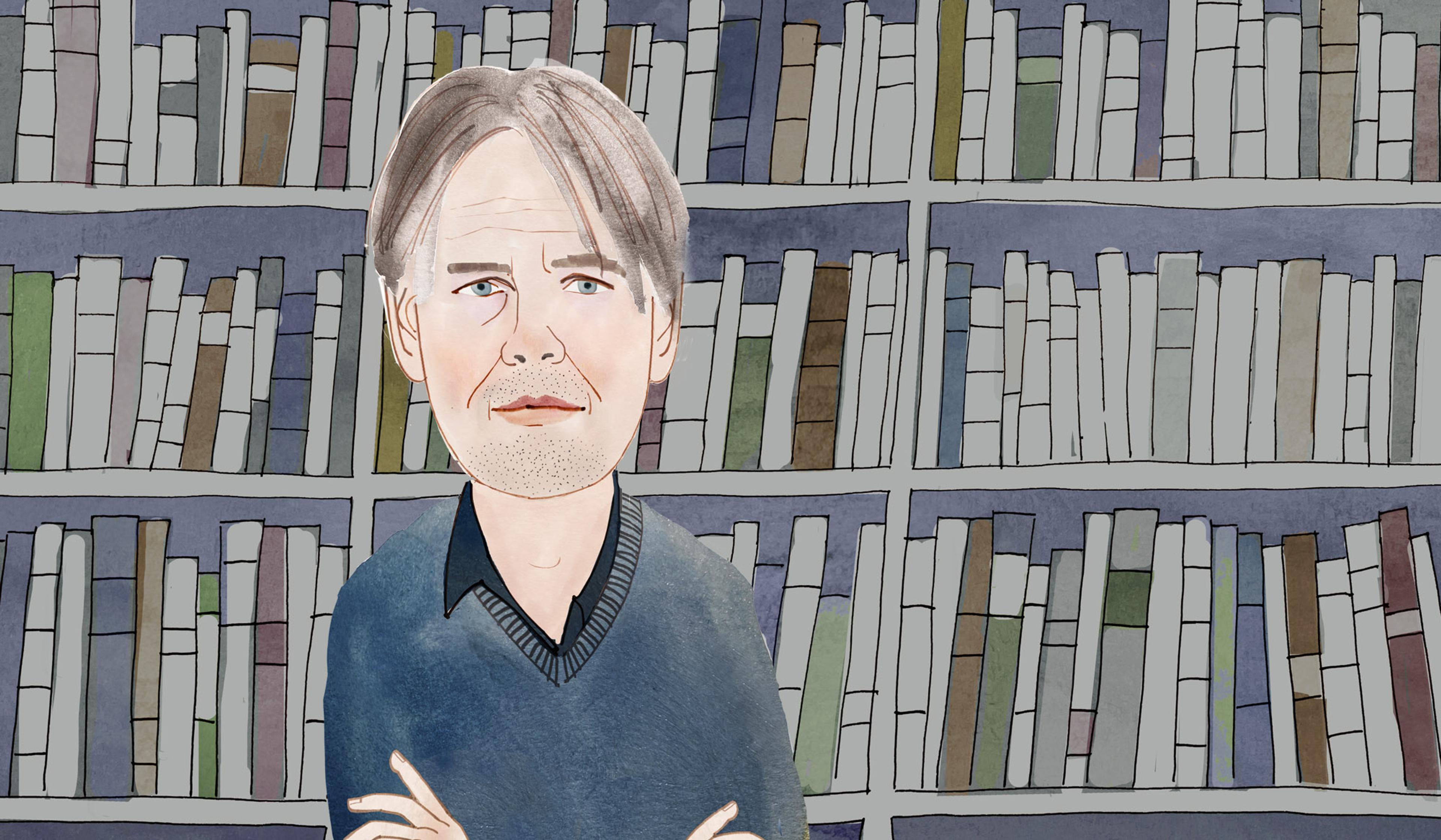Are the laws of classical physics as we currently understand them missing something important about how the Universe works? This radical notion lies at the heart of a new proposal by the mineralogist Robert Hazen and the astrobiologist Michael Wong at Carnegie Science in Washington, DC. In this short documentary, they explain why they believe a ‘law of increasing functional information’ could help us better understand why everything from atoms to cells to civilisations seems to grow more complex and orderly over time. They suggest that, if information is as fundamental as mass or energy, it could not only account for the similar ways so many systems appear to behave, but also help physicists make sense of the concept of time, which remains elusive in current models. You can read more about Hazen and Wong’s ideas in Quanta Magazine.
A radical reimagining of physics puts information at its centre
Video by Quanta Magazine
Producer: Christopher Webb Young
23 October 2025
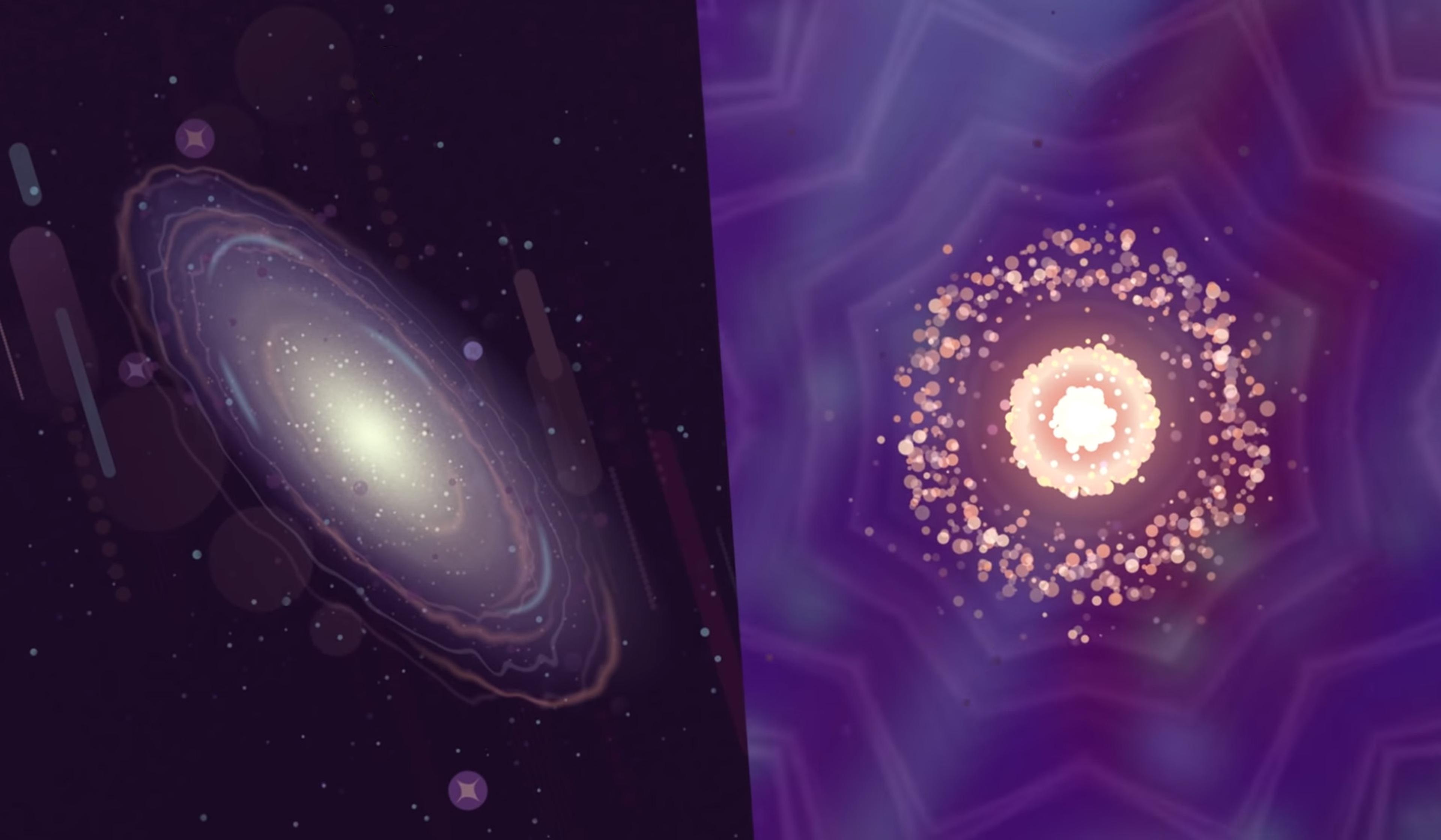
videoPhysics
There’s a striking link between quantum and astronomic scales. What could it mean?
5 minutes
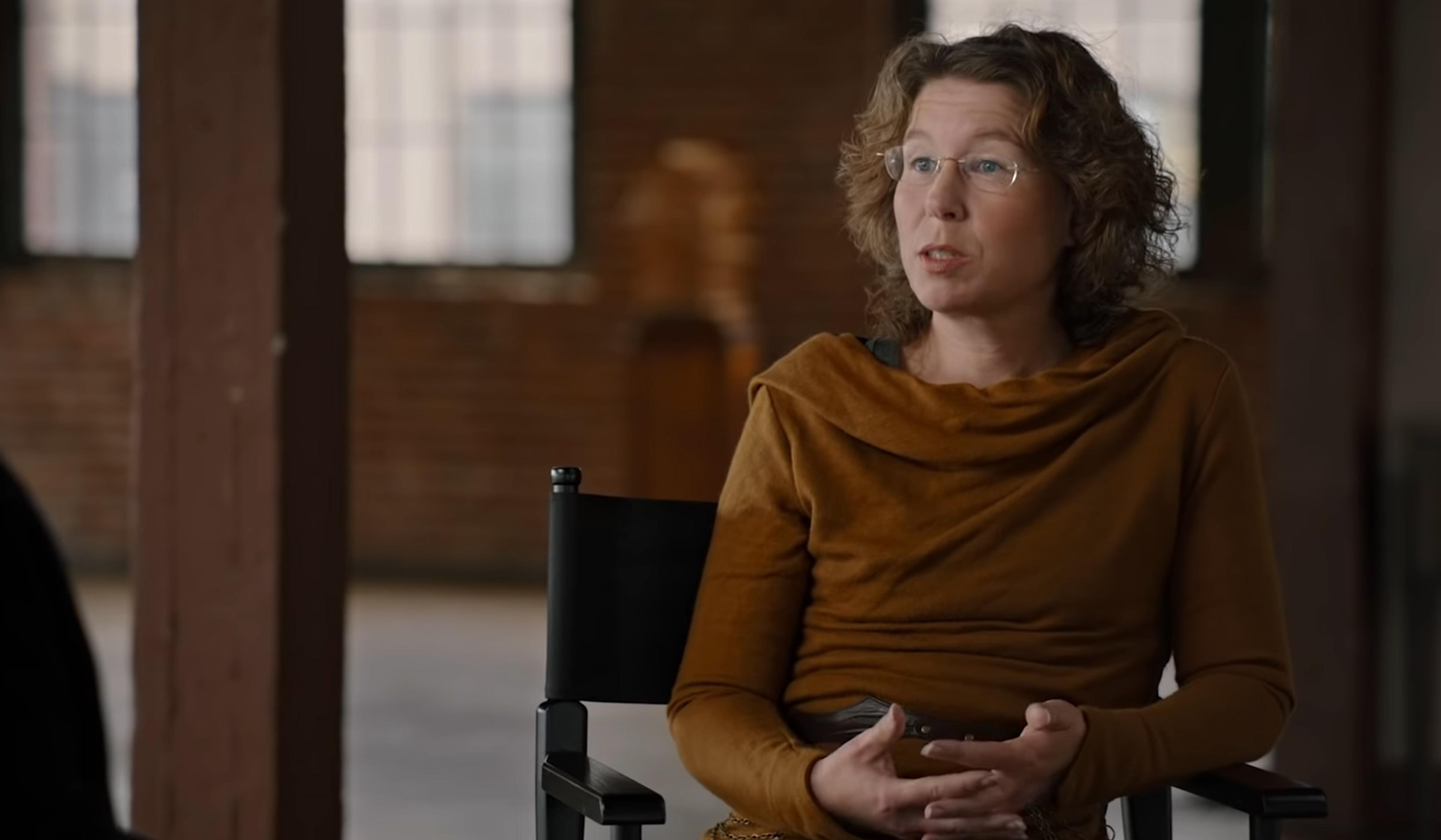
videoMathematics
Against ‘beauty’ in science – how striving for elegance stifles progress
9 minutes

videoQuantum theory
Why aren’t our everyday lives as ‘spooky’ as the quantum world?
7 minutes

videoMetaphysics
To see the Universe more clearly, think in terms of processes, not objects
6 minutes
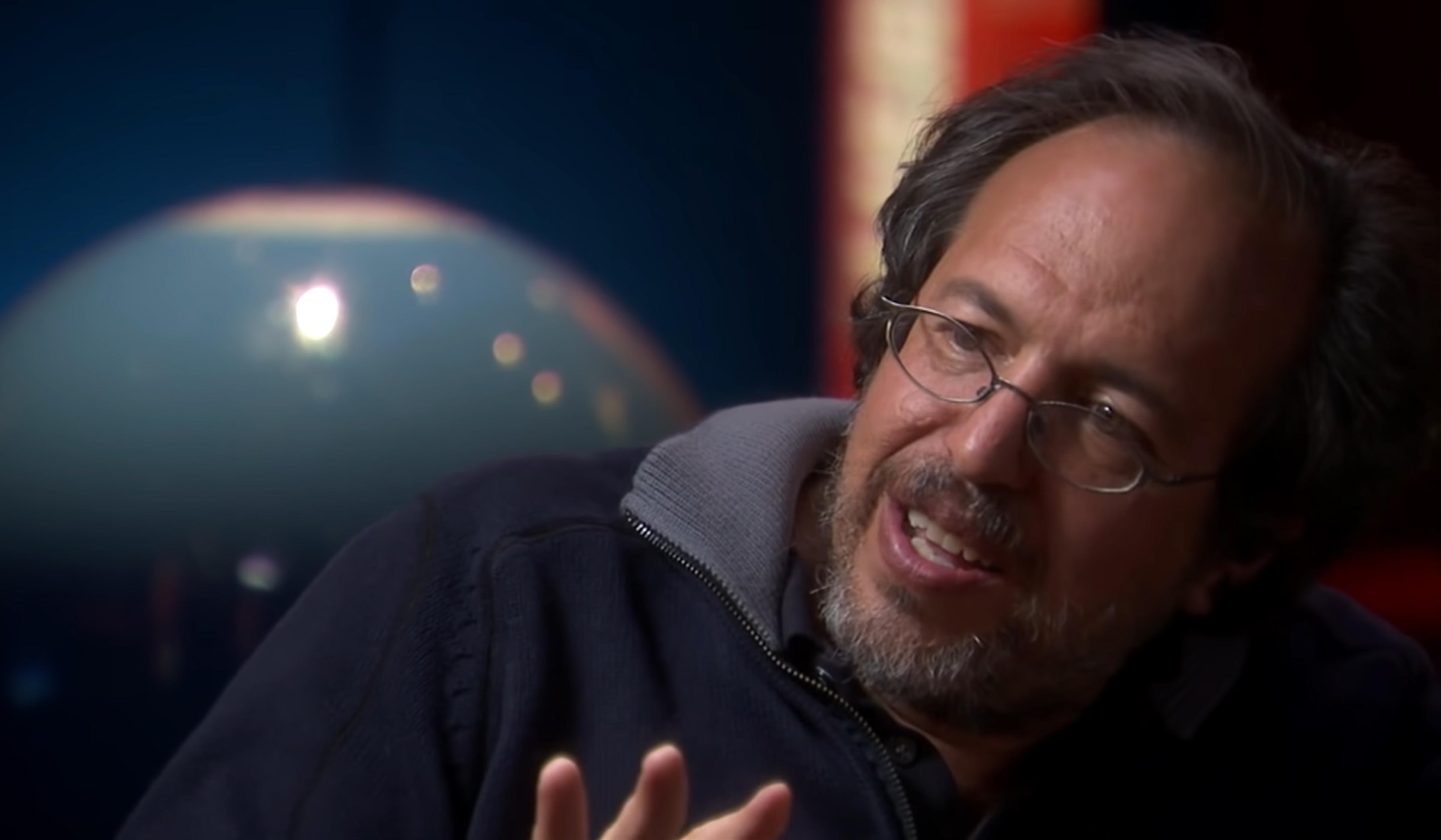
videoPhysics
Time is fundamental, space is emergent – why physicists are rethinking reality
9 minutes
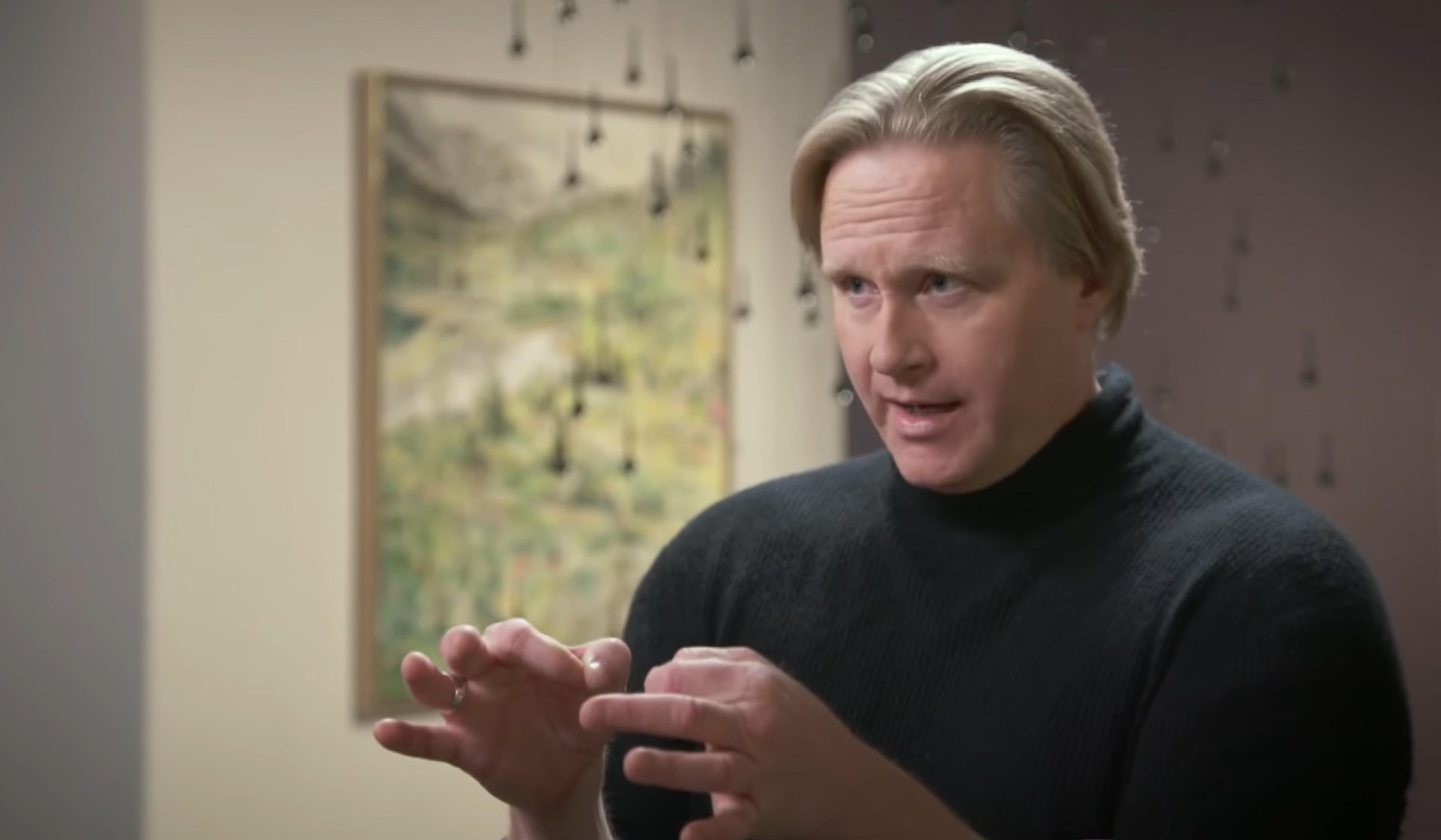
videoQuantum theory
Mind-bending new quantum experiments are blurring past, present and future
10 minutes

